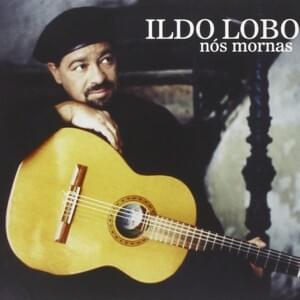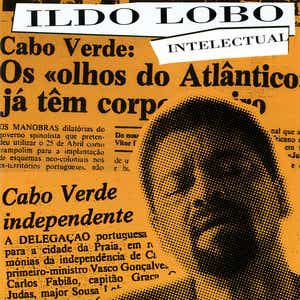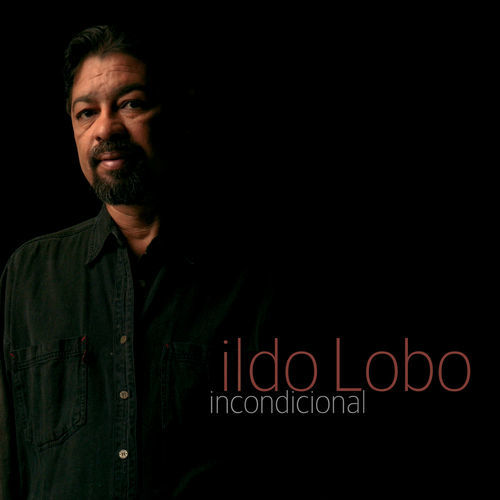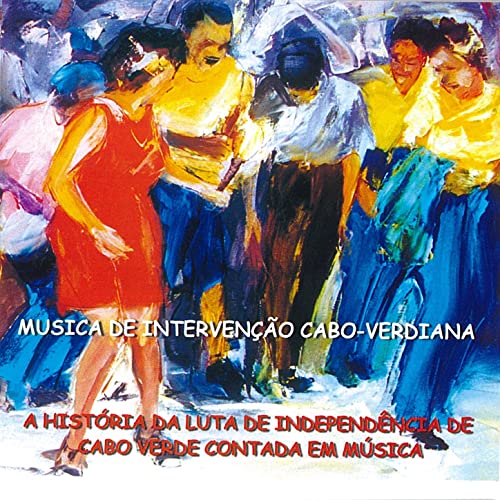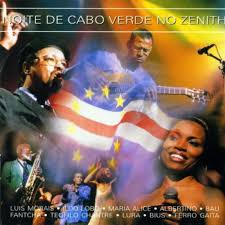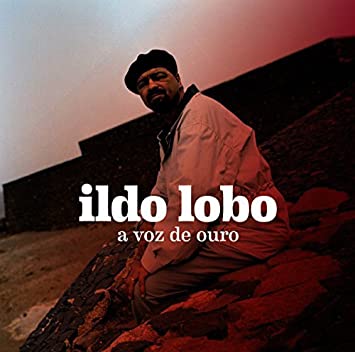Ildo Lobo
Ildo Neves de Sousa Lobo

Sal, 1953 – Praia, Santiago, 2004
Singer, songwriter
Owner of a sonorous, open, and powerful voice, Ildo Lobo was already one of the most acclaimed artists among the Cabo Verdean public long before starting his solo career. From the mid-1970s to the mid-1990s, as a member of Os Tubarões, he was not only the voice but also the face of the group, with the history of both inevitably linked.
Ildo Lobo joined Os Tubarões in 1973, replacing his cousin Luís Lobo as the vocalist. However, he had already been singing bebore that. As a teenager on Sal Island, he participated in groups of boys who were tuned in to the Beatles’ recent hits. Later, in Praia, where he moved in 1970 to continue his studies, he joined the group África Show, led by Cesário Duarte.
Os Tubarões began recording in 1976, during the wave of post-independence euphoria, with themes that reflected the moment, to the point of being identified as an official group of the PAIGC/PAICV regime. The group’s recording career lasted around two decades, and in 1994 they released their last album.
Three years after the end of Os Tubarões, Ildo Lobo began his solo career with an album of just mornas, which he dedicated to the memory of his father, Antoninho Lobo, a famous serenade singer of his time. Next came Intelectual, in 2001. In 2004, about two months before the release of his third álbum, Incondicional, he died suddently due to a heart problem combined with diabetes, causing enormous consternation in Cabo Verde.
Ildo Lobo had lived in Praia since 1970, where he had a customs broker’s office. Extremely popular and disconnected from the fact that, with his voice, he had become an icon of a crucial moment in Cabo Verde’s history, he preferred the pipular pubs to more elitist enironments. Purely and simply, he said, because that was where his friends were.
Extremely meticulous when choosing his repertoire throughout his career, whether with Os Tubarões or as a solo artist, his voice served as a vehicle for promoting some of the main Cabo Verdean songwriters, particularly Manuel d’Novas. He also revealed new talents who emerged alongside the success of their interpretations, including Renato Cardoso, Kaká Barbosa, the brothers Nhelas Spencer and Alcides Spencer, Betú, and later, Orlando Pantera. In 1999, he recorded one of his biggest hits, “Djonsinho Cabral”, with lyrics by Alberto Rui Machado, which allude to the struggle for independence in Timor-Leste.
Although he did not consider himself a songwriter, Ildo Lobo wrote some songs, mostly recorded by Os Tubarões. Solo, he recorded his songs “Nha testament”, in Nos morna and “Nha fidjo matcho”, in Incondicional. After his death, the Palace of Culture in the city of Praia (a mansion at the time operating as a cultural center, under the supervision of the Ministry of Culture) was renamed the Ildo Lobo Palace of Culture.
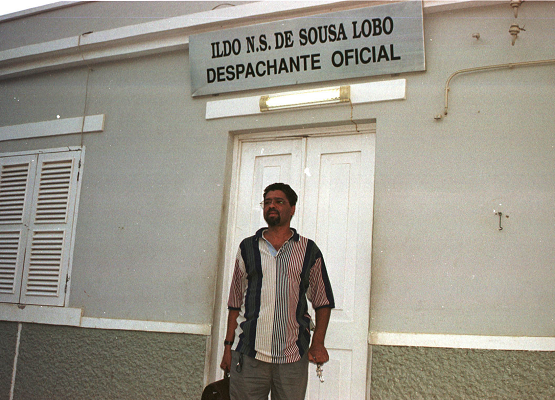
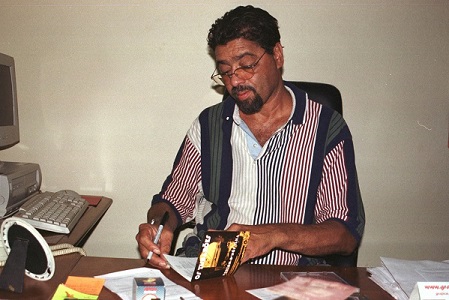
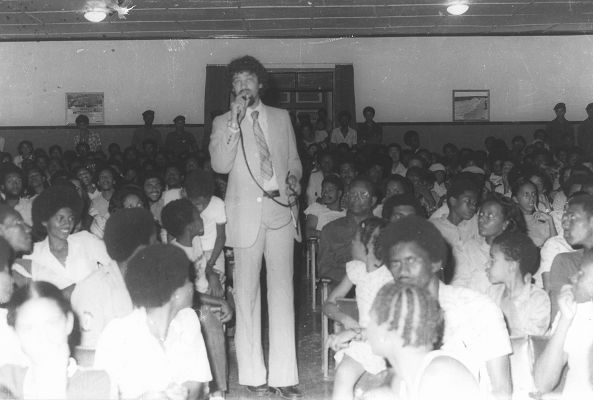
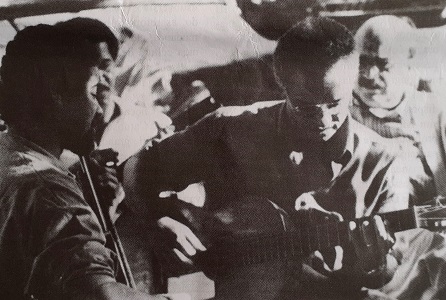
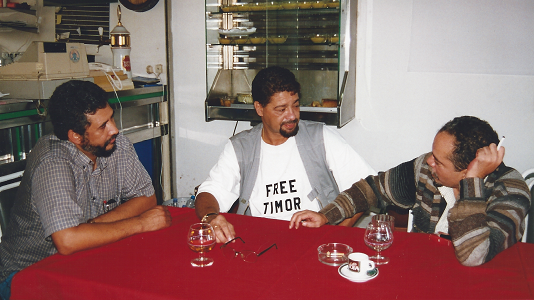
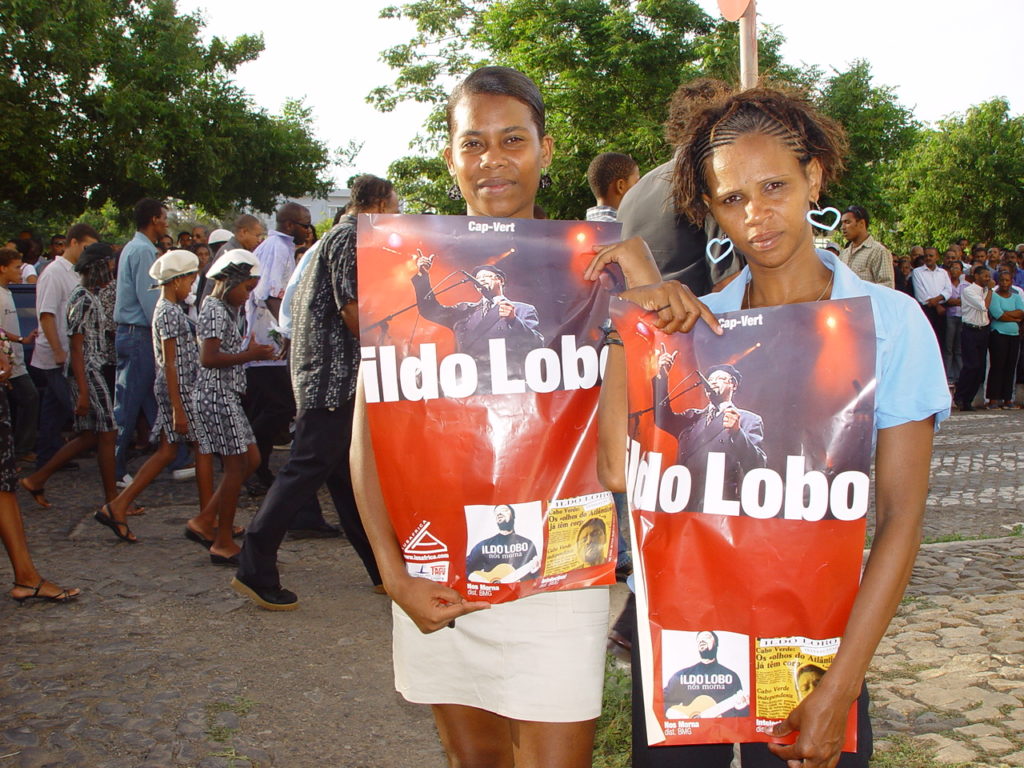
Songs
Mi Ma Mi; Nha Fidjo Matcho; Nha Testamento; Panhal na Toc; Pensamento; Separaçon; Strela Negra; Zebra.
Discography
- Nos morna, CD, Lusafrica, Paris, 1997.
- Intelectual, CD, Lusafrica, Paris, 2001.
- Incondicional, CD, Harmonia, Praia, 2004.
- Participation in the CD Nôs amor, by Cabo Verde Show.
- CD Música de intervenção cabo-verdiana: recording of the version of “Djonsinho Cabral” titled “Ask Xanana”.
- Participation in the CD, recorded live, Noite de Cabo Verde no Zénith, Lusafrica, 2001.
- Ildo Lobo – A Voz de Ouro (reedition: Nos Morna, Intelectual e Incondicional), Lusafrica, Paris, 2014.
